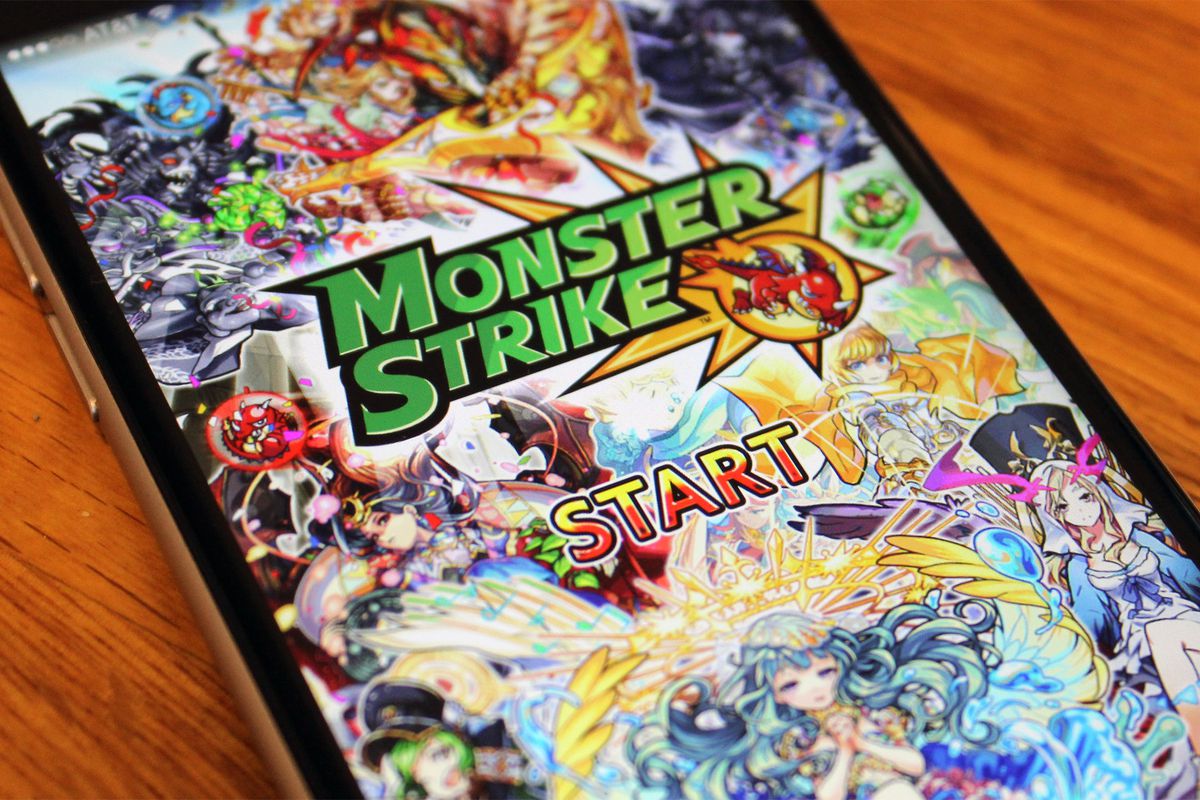Japan’s Loot-Box Mobile Games Industry in Decline as China Levels Up
Posted on: November 8, 2018, 06:14h.
Last updated on: November 8, 2018, 06:14h.
As the debate about loot-boxes and gambling continues to rage, the industry that started it all is in freefall, Bloomberg reports.

The Japanese “gacha” mobile games market has spawned some of the most lucrative digital products in history, generating some $55 billion since its emergence in the mid-2000s. Gacha games were pioneers of mobile gaming, drawing the blueprint of the loot box monetization model that has become a ubiquitous feature of the global mobile and video games industries in recent years.
The gacha name was inspired by real-world coin-operated, toy-dispensing vending machines popular in Japan, known as gashapons. Gacha games are “free” to play but induce players to part with money by offering desirable in-game items such as characters or cards that are only unattainable by spinning a gacha mechanism for a specific amount of in-game currency.
$6 Billion Stock Hit
But now, the companies that created powerhouse mobile games like Monster Strike and Puzzle & Dragons are losing out to innovative competitors from China and South Korea and are failing to come up with follow up hits.
Profits for the country’s seven largest gacha developers plummeted 21 percent last year and stocks have nosedived since January, with a collective $6 billion wiped off their market capitalizations.
Market analysts in Japan told Bloomberg that games publishers have failed to reinvest money into their talent. Instead, they’ve plowed it into licensing rights for movie characters like Batman and Luke Skywalker. And now they are diversifying — investing money in different projects such as virtual reality, internet TV, and cryptocurrencies, while spending less time on their lucrative core businesses.
Inspiration Dries Up
At the same time, the mobile games markets of China and South Korea are in the ascendancy. Publishers are spending more money on developing games there, and it’s showing. China’s Knives Out, for example, has consistently ranked among Japan’s top five games this year, earning $65 million a month.
There’s just not enough innovation,” Masaru Sugiyama, an analyst with Goldman Sachs Group Inc, told Bloomberg. “Japan’s entire mobile game market as a whole is still growing. But the share that goes to Japanese companies is falling.”
Gacha has also faced the kind of regulatory scrutiny that loot-box games are receiving now in markets across the world. In 2012, Japan’s Consumer Affairs Agency requested the removal from all games of a mechanism called “complete gacha,” in which players had to complete sets of rare items available exclusively through microtransactions in order to win an even rarer item.
Related News Articles
Boyaa Interactive CEO Imprisoned in China on Bribery Charges
MGM Must Disclose Ransomware Demand if it Pays One
Most Popular
Las Vegas Overstated F1 Race’s Vegas Impact — Report
Vegas Strip Clubs Wrestle in Court Over Animal Names
Most Commented
-
End of the Line for Las Vegas Monorail
— April 5, 2024 — 90 Comments -
Mega Millions Reportedly Mulling Substantial Ticket Price Increase
— April 16, 2024 — 6 Comments -
Long Island Casino Opponents Love New York Licensing Delays
— March 27, 2024 — 5 Comments -
Nearly Abandoned Mall Outside Vegas Soon to Have Only One Tenant
— March 12, 2024 — 5 Comments
















No comments yet